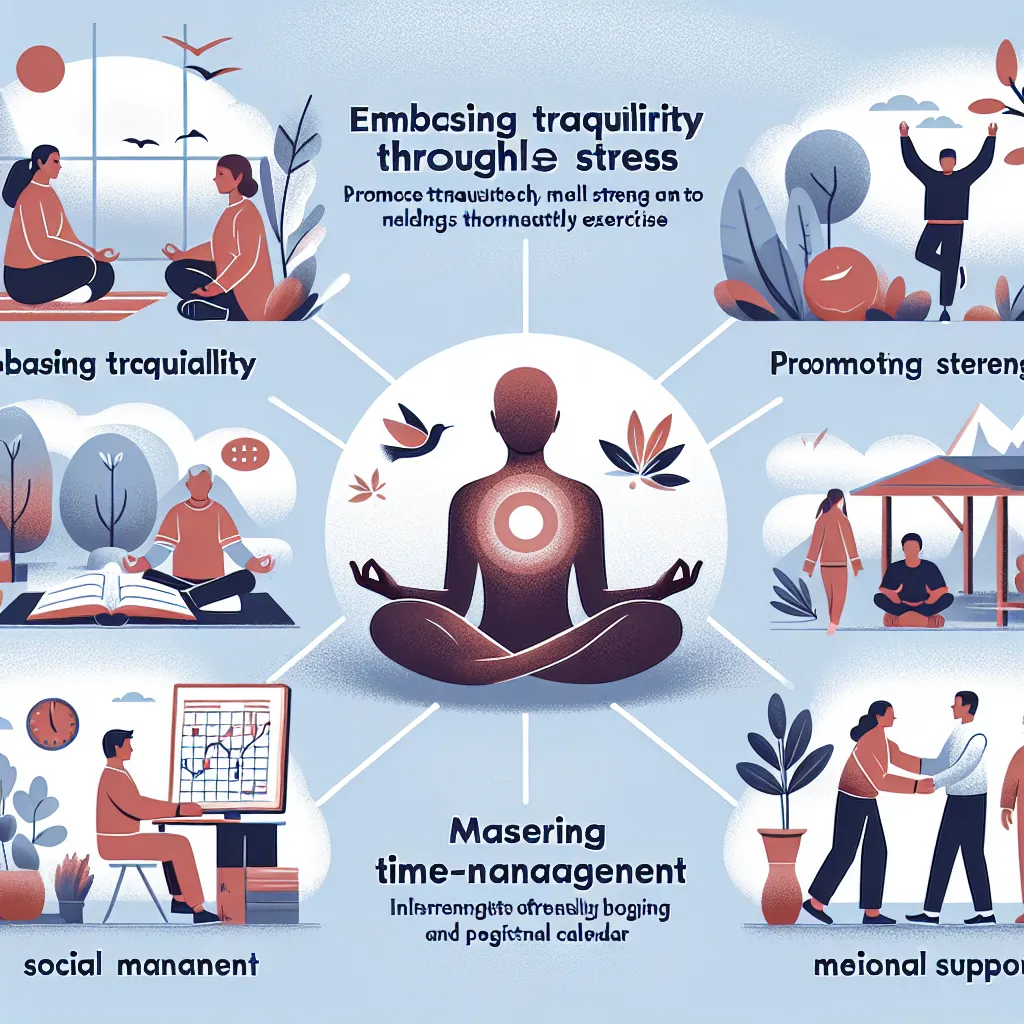In today’s competitive job market, being able to effectively answer questions about handling stress during interviews is crucial. Employers often use these questions to assess your ability to cope with workplace pressures and maintain productivity. This article will guide you through the process of crafting compelling responses that showcase your stress management skills and impress potential employers.
Understanding the Importance of Stress Management Questions
Stress management is a critical skill in virtually every workplace. Employers ask about your ability to handle stress because they want to ensure you can:
- Maintain productivity under pressure
- Avoid burnout
- Contribute to a positive work environment
- Handle challenging situations effectively
By asking these questions, interviewers aim to gauge your self-awareness, coping mechanisms, and overall resilience.
 Stress Management Interview
Stress Management Interview
Common Stress-Related Interview Questions and Sample Answers
1. “How do you handle stress in the workplace?”
Sample Answer: “I approach stress management proactively. First, I prioritize tasks and create a structured schedule to ensure I’m not overwhelmed. I also practice mindfulness techniques, such as deep breathing exercises, to stay calm under pressure. Additionally, I find that regular exercise and maintaining a healthy work-life balance help me manage stress effectively. When faced with particularly challenging situations, I break them down into smaller, manageable tasks and focus on solving one problem at a time.”
2. “Can you describe a stressful situation at work and how you dealt with it?”
Sample Answer: “In my previous role as a project manager, we faced a tight deadline for a major client presentation. Two team members fell ill just days before the deadline. To handle this stressful situation, I first reassessed our priorities and reallocated tasks among the remaining team members. I stayed late a couple of nights to ensure everything was on track, and I also reached out to a colleague from another department for additional support. By maintaining clear communication, staying focused, and being flexible, we successfully delivered the presentation on time. This experience taught me the importance of adaptability and teamwork in managing stress.”
3. “How do you prevent stress from affecting your work performance?”
Sample Answer: “I believe in proactive stress management. I maintain a healthy lifestyle with regular exercise and adequate sleep, which helps me build resilience. At work, I use time management techniques like the Pomodoro method to stay focused and avoid feeling overwhelmed. I also practice open communication with my colleagues and supervisors, which helps prevent misunderstandings that could lead to stress. When I feel stressed, I take short breaks to reset, such as a quick walk or a few minutes of meditation. These strategies help me maintain high performance even during challenging periods.”
Tips for Answering Stress Management Questions
- Be honest and authentic in your responses.
- Provide specific examples from your past experiences.
- Highlight positive coping mechanisms and strategies.
- Demonstrate self-awareness and a willingness to improve.
- Show how you’ve learned from stressful situations in the past.
Common Mistakes to Avoid
- Claiming you never get stressed (this can seem disingenuous).
- Focusing only on negative aspects of stress without mentioning coping strategies.
- Providing vague answers without concrete examples.
- Mentioning unhealthy coping mechanisms (e.g., excessive caffeine consumption).
- Blaming others for stressful situations without taking responsibility.
 Stress Coping Strategies
Stress Coping Strategies
Follow-up Questions and Suggested Responses
-
“How do you recognize when you’re feeling stressed?”
Suggested Response: “I’ve learned to recognize physical and emotional signs of stress, such as tension headaches or feeling irritable. I also regularly check in with myself to assess my stress levels and adjust my workload or coping strategies as needed.” -
“What strategies do you use to maintain work-life balance?”
Suggested Response: “I set clear boundaries between work and personal time, such as not checking work emails after a certain hour. I also prioritize activities that help me recharge, like spending time with family or pursuing hobbies.” -
“How do you handle multiple deadlines or competing priorities?”
Suggested Response: “I use a combination of prioritization techniques and open communication. I assess tasks based on urgency and importance, create a detailed schedule, and communicate clearly with team members and supervisors about timelines and expectations.” -
“Can you describe a time when stress positively impacted your performance?”
Suggested Response: “In my previous role, the pressure of a tight deadline for a major project actually helped me focus and perform at my best. I channeled the stress into motivation, which led to increased productivity and a successful outcome.” -
“How do you help your colleagues manage stress in a team environment?”
Suggested Response: “I believe in fostering a supportive team environment. I encourage open communication, offer assistance when I see a colleague struggling, and promote stress-relief activities like team breaks or quick exercises during intense work periods.”
Conclusion
Effectively answering questions about handling stress in job interviews requires a combination of self-awareness, concrete examples, and a demonstration of positive coping strategies. By preparing thoughtful responses to common stress-related questions and following the tips provided, you can showcase your resilience and stress management skills to potential employers. Remember, the key is to be honest, provide specific examples, and show that you have a proactive approach to managing stress in the workplace.
For more guidance on acing your job interviews, check out our articles on how to handle tricky interview questions and how to answer questions about time management skills.




